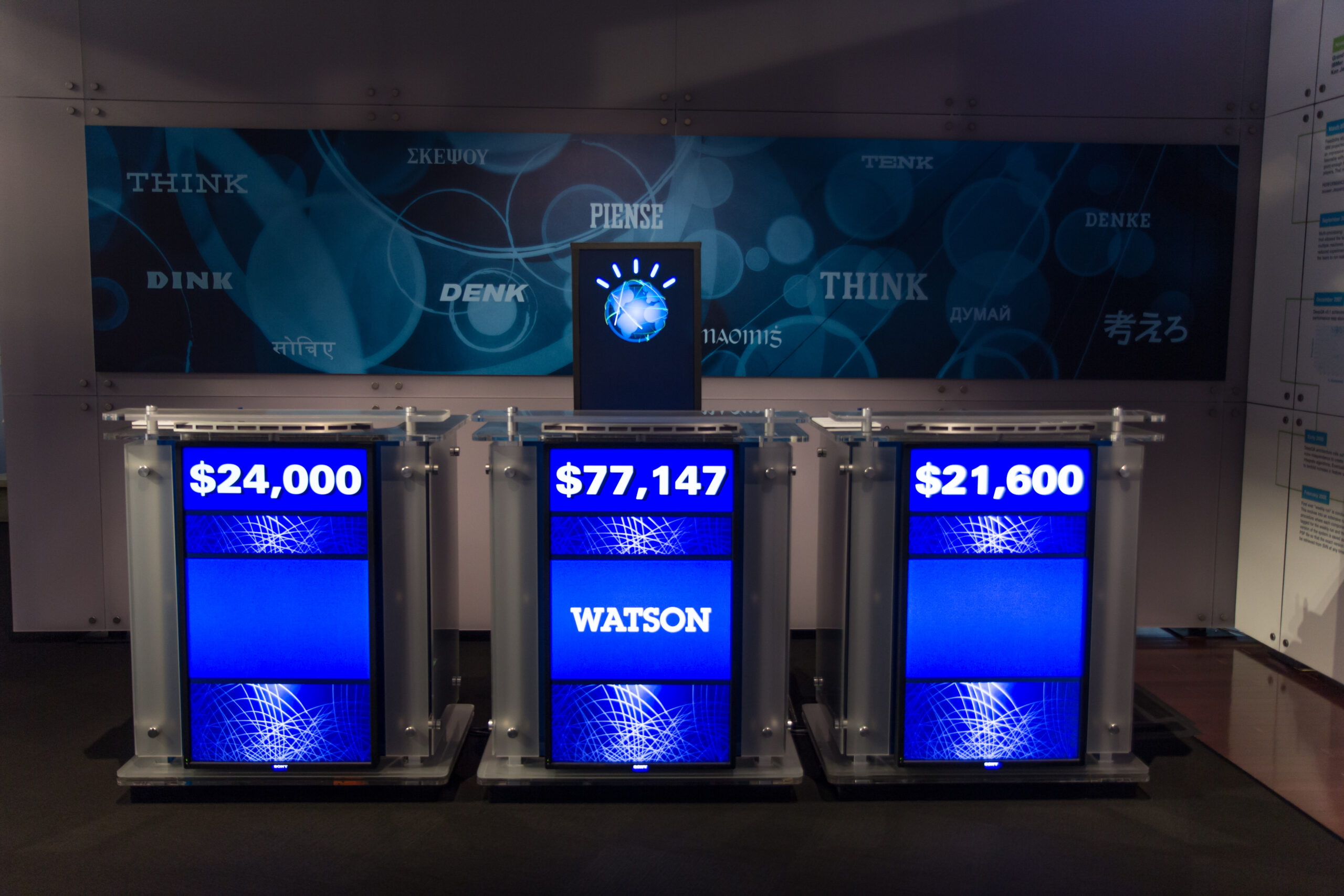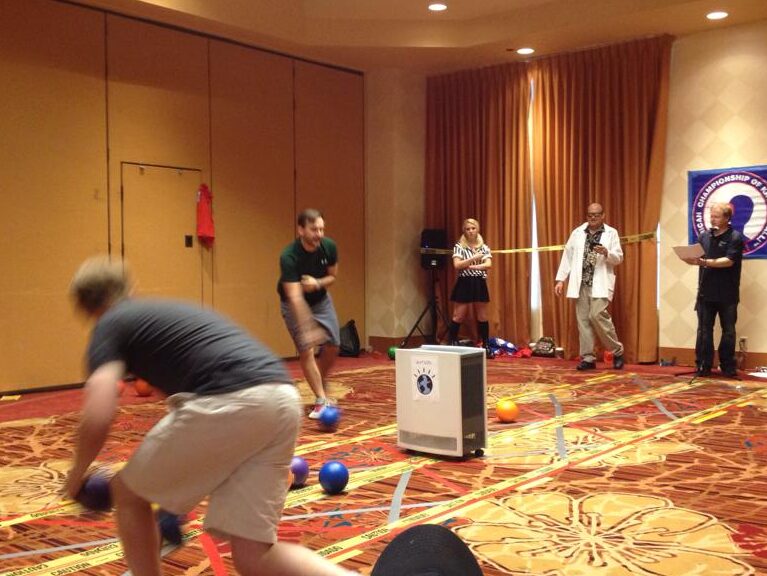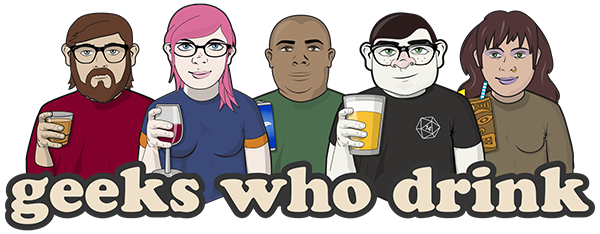Take two doses of Toronto
After Jeopardy, IBM's Watson didn't quite revolutionize medicine

At least $77k will buy a good chunk of malpractice insurance. (credit below)
It has been over a decade since Jeopardy! superchampions Ken Jennings and Brad Rutter had to politely applaud the inanimate object that beat them in three straight Jeop-isodes. Despite famously fumbling a Final Jeopardy answer, IBM’s Watson supercomputer left with the win, and started all kinds of speculation about what it might be capable of doing next.
This is the Cliff’s Notes version, but IBM spent the next two years force-feeding Watson some 25,000 medical cases and attempting to re-deploy it as an AI-ish medical assistant. In 2013, IBM announced that it (and Watson) would be collaborating with The University of Texas’s MD Anderson Cancer Center. It also partnered with Cleveland Clinic, where Watson worked with med students on a “problem-based learning curriculum.”
But after several years, it seems like one of the problems might’ve been, uh, Watson itself. By 2017, some doctors had complained that Watson made “inaccurate suggestions” or that it was just – and this is a direct quote – ”a piece of shit.” A must-read investigation by STAT determined that Watson wasn’t yet capable of doing everything that IBM hoped. (Its partnership with MD Anderson very quietly ended in less than five years.)
“Perhaps the most stunning overreach is in the company’s claim that Watson for Oncology, through artificial intelligence, can sift through reams of data to generate new insights and identify, as an IBM sales rep put it, ‘even new approaches’ to cancer care,” the outlet wrote. “STAT found that the system doesn’t create new knowledge and is artificially intelligent only in the most rudimentary sense of the term.”
Last fall, the New York Times wrote that IBM had spent billions of dollars on its Watson Health division, but most of its projects, partnerships, and collaborations had been abandoned as “a costly failure.” And in March, IBM sold Watson Health to a private equity firm. “The deal is the latest step by IBM to refocus its core business around the cloud,” the Wall Street Journal wrote at the time.
Hey, at least it still has those Jeopardy wins.

A version of this story appeared on the news page of Questionist’s parent company, Geeks Who Drink.
Featured image: AtomicTaco, Creative Commons Attribution-Share Alike 2.0
